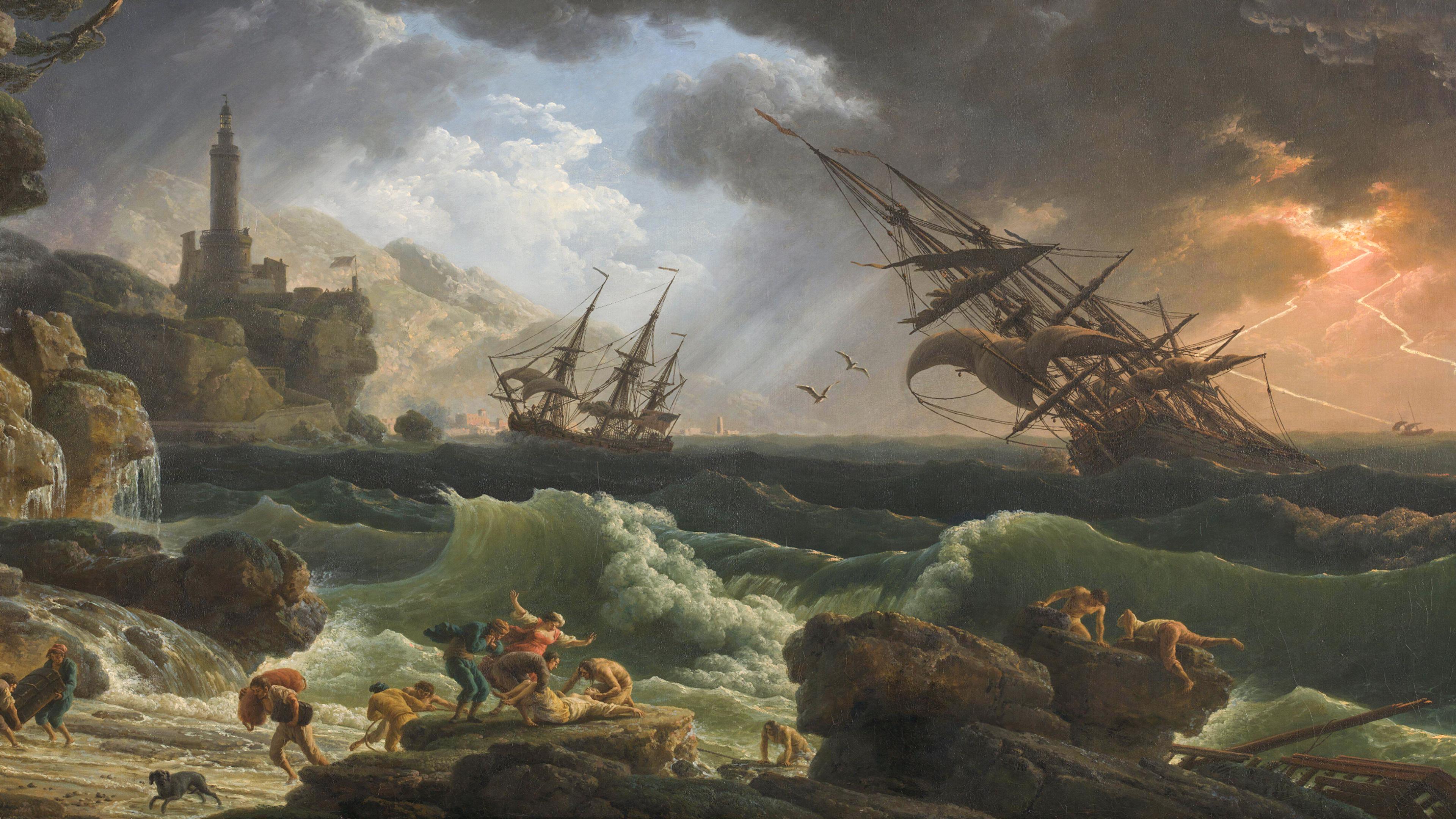What can a Kurosawa classic tell us about reality, knowledge and truth?
A samurai is found dead. Four eye-witnesses come forward to tell their version of events, but their stories contradict one another. What’s going on?
This is the premise at the centre of the Japanese director Akira Kurosawa’s classic film Rashomon (1950), which is based on two short stories by the Japanese writer Ryūnosuke Akutagawa. However, the notion that many seemingly reliable observers could be convinced that they each saw something very different is more than just an inventive plot device. As this TED-Ed animation explores, what’s become known as the ‘Rashomon effect’ has, time and time again, reared its head in psychological studies, showing how hidden factors including biases can influence one’s view of reality. And, beyond the Rashomon effect’s important practical implications for law, psychology and even science, it also raises even deeper philosophical questions about the concepts of reality, knowledge and truth.

video
Animals and humans
Are zoos and natural history museums born of a desire to understand, or to control?
57 minutes

video
Family life
The migrants missing in Mexico, and the mothers who won’t stop searching for them
21 minutes

video
Virtues and vices
Why Jean-Jacques Rousseau and Adam Smith were divided on the virtues of vanity
5 minutes

video
Beauty and aesthetics
In art, the sublime is a feedback loop, evolving with whatever’s next to threaten us
9 minutes

video
Family life
One family’s harrowing escape from postwar Vietnam, told in a poignant metaphor
10 minutes

video
War and peace
A frontline soldier’s moving account of the fabled ‘Christmas truce’ of 1914
12 minutes

video
Bioethics
What a 1970 experiment reveals about the possibility and perils of ‘head transplants’
6 minutes

video
Animals and humans
The wild tale of a young animal keeper, an angry tiger and a torn circle net
10 minutes

video
Technology and the self
Why single Chinese women are freezing their eggs in California
24 minutes